Industry information
Company News
- Aluminum veneer, the "fashionable coat" of this modern building
- Imitation wood grain aluminum veneer: a retro trend in modern architecture
- New trend of aluminum veneer: imitation wood grain art, collision of nature and fashion
- Dear readers, today we will talk about the topic of imitation wood grain aluminum veneer. This name sounds
- Aluminum veneer becomes wood grain, a fashionable new trend!
Industry dynamics
- Aluminum veneer: the new aesthetic favorite of modern architecture
- What is the difference between hyperbolic aluminum veneer and other building materials?
- Exploring stone patterned aluminum veneer: a perfect combination of fashion and durability
- The fashionable evolution of imitation stone patterned aluminum veneer, the finishing touch of the construction industry
- Imitation stone patterned aluminum veneer: natural charm in modern architecture
Frequently asked questions
- What impact does the weight of aluminum veneer have on building structures?
- Is the fire resistance of aluminum veneer related to its material?
- What is the strength of aluminum veneer?
- Will the use of aluminum veneer affect the waterproof performance of buildings?
- What are the color and style options for aluminum veneer?
contact us
Mobile:+86 15627778610
Email: 2201229786@qq.com
Address: No. 5 Binjiang Road, High tech Zone, Zhaoqing City, Guangdong Province
Advantages of aluminum veneer in high-rise buildings
- Author: Supreme Building Materials (Guangdong) Co., Ltd
- Release time: March 4, 2025 03:14:56
- Click:0
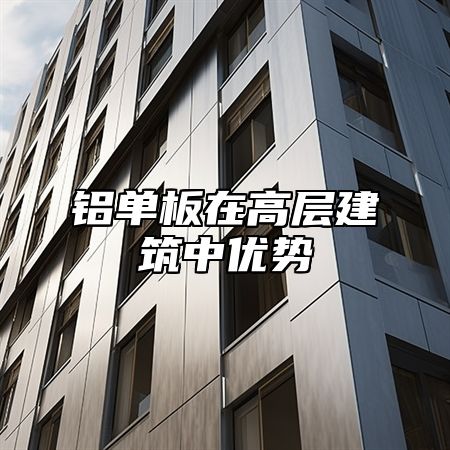
With the continuous acceleration of urbanization, the demand for high-rise building construction is also increasing.Aluminum veneerAs a lightweight, high-strength, and corrosion-resistant building material, its application in high-rise buildings is becoming increasingly widespread. This article will provide a detailed introduction to the advantages of aluminum veneer in high-rise buildings.
1、 Lightweight
Compared to traditional building materials, aluminum veneer has the characteristics of light weight and high strength. The density of aluminum veneer is 2.7-3.0g/cm3, while the density of steel is 7.85g/cm3, so the weight of aluminum veneer is only about 1/5 of that of steel. In high-rise buildings, the use of aluminum veneer can reduce the weight of the building, lower the structural load of the building, thereby reducing the pressure on the foundation and improving the stability and safety of the building.
2、 Good corrosion resistance
Aluminum veneer has good corrosion resistance and can resist the erosion of natural environments such as acid rain, oxidation, and ultraviolet radiation. In high-rise buildings, long-term exposure to the natural environment can easily be influenced by various factors. Using aluminum veneer as a building material can effectively extend the service life of buildings and reduce maintenance and replacement costs.
3、 Convenient construction
Aluminum veneer has good plasticity and processability, and can be customized and processed according to design requirements. In high-rise buildings, due to space limitations and construction conditions, it is necessary to choose suitable materials for construction. Aluminum veneer can be processed through cutting, bending, and welding according to actual needs to meet the requirements of different shapes and sizes, while also avoiding the seam and gap problems in traditional building materials.
4、 Good sound insulation effect
Aluminum veneer has good sound insulation effect, which can effectively reduce the impact of noise on indoor environment. In high-rise buildings, due to the high floors and fast noise transmission, using aluminum veneer as building material can effectively reduce noise pollution and improve the quality of indoor environment.
5、 Environmental protection and energy conservation
Aluminum veneer is a green and environmentally friendly building material that does not contain harmful substances or radioactive elements, and will not cause pollution to the environment. In high-rise buildings, using aluminum veneer as a building material can effectively reduce energy consumption and carbon emissions, reduce environmental impact, and conform to the concept of sustainable development.
Aluminum veneer, as a lightweight, high-strength, and corrosion-resistant building material, has advantages such as light weight, good corrosion resistance, easy construction, good sound insulation effect, and environmental protection and energy conservation in high-rise buildings. With the continuous development of high-rise building construction, the application prospects of aluminum veneer will be even broader.

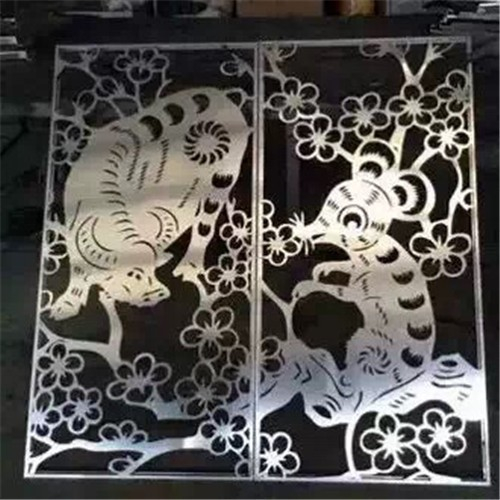

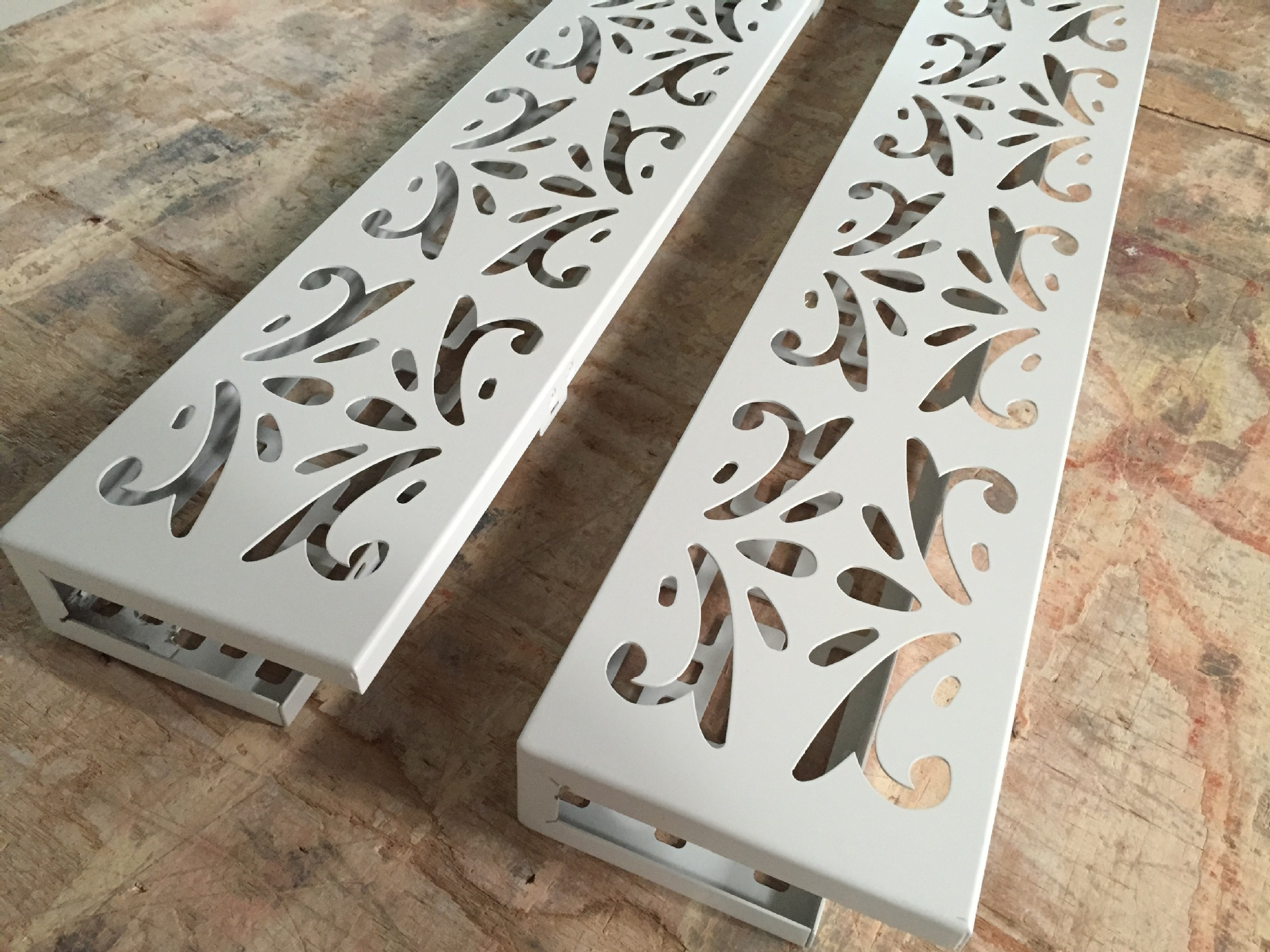
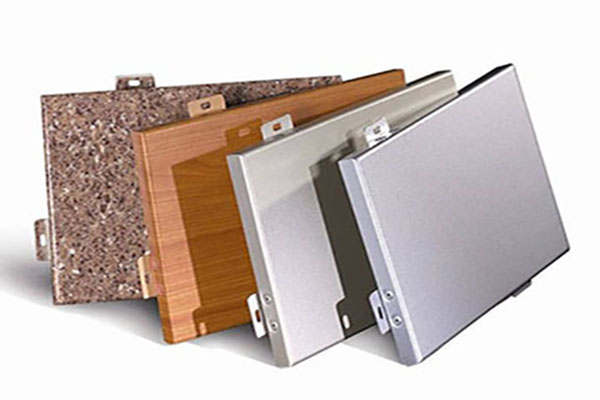
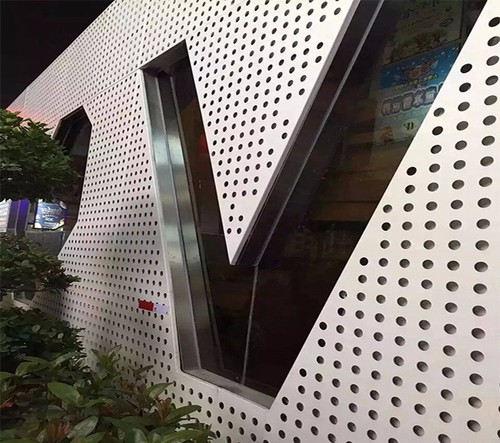
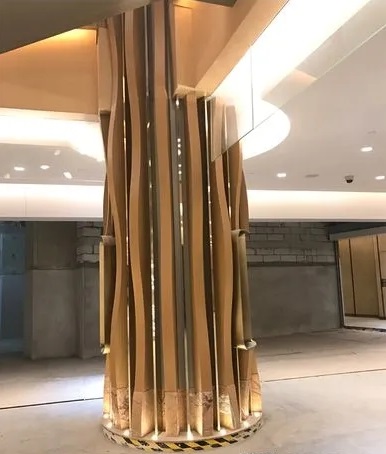
 Customer service QQ
Customer service QQ